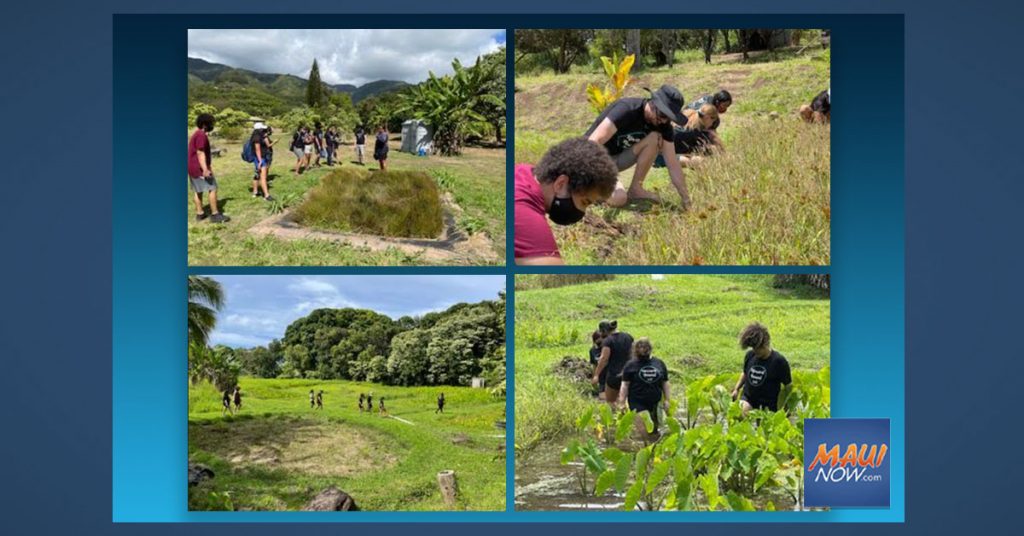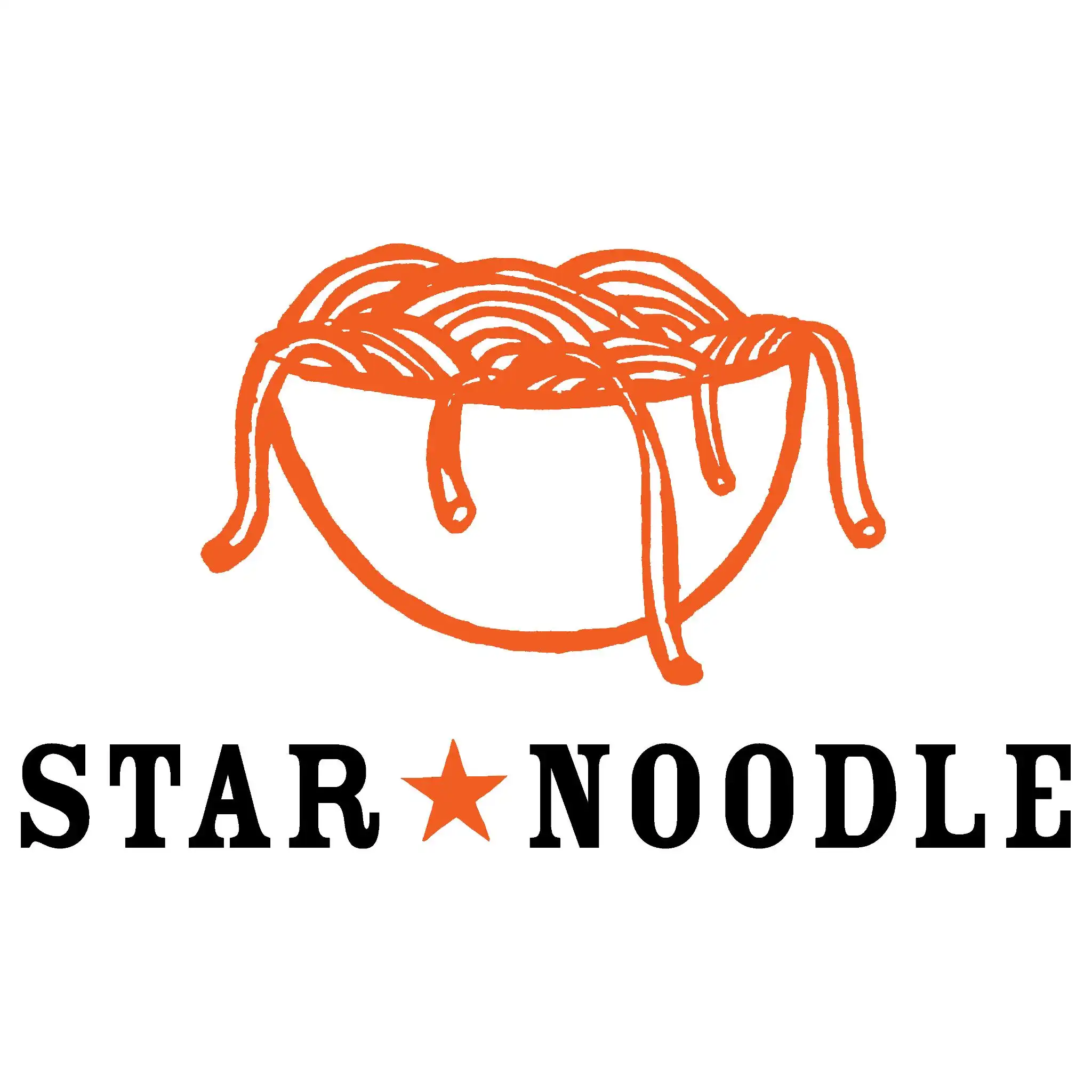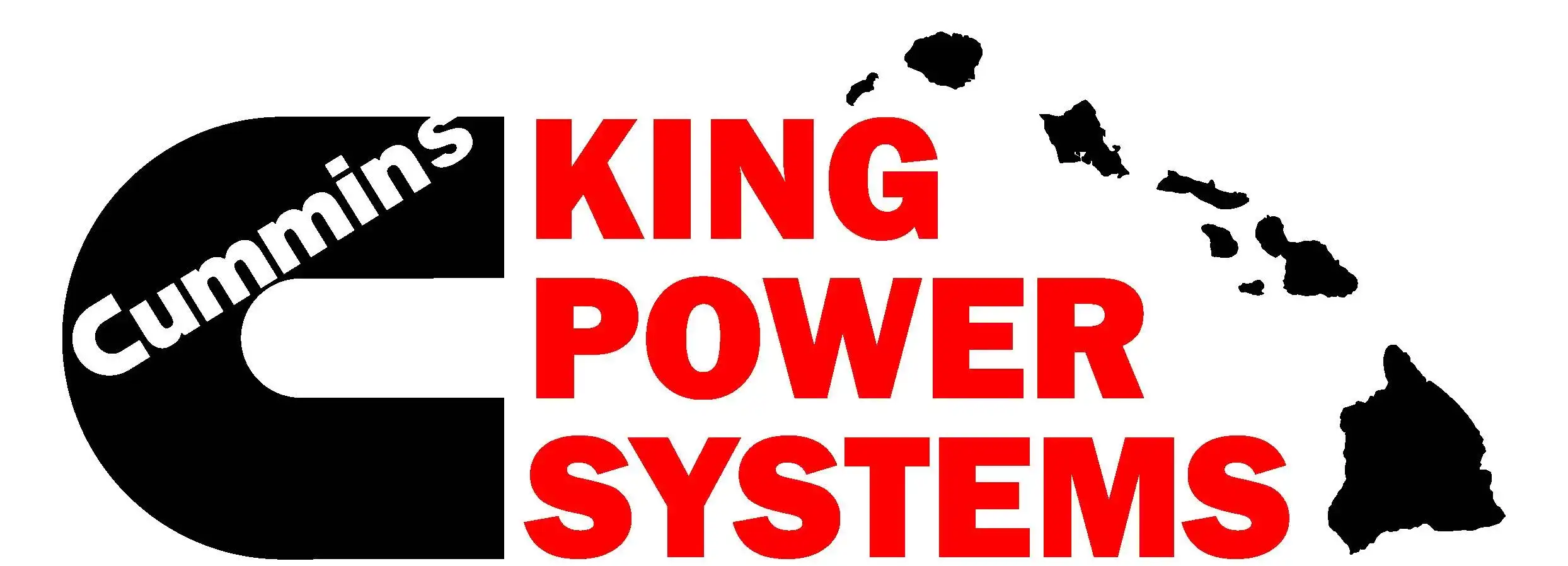$2.4 M Grant for ‘Āina-Based STEM Education at UH Maui College

The National Science Foundation has awarded a $2.4 million grant to the University of Hawai‘i Maui College for a project called, “‘ĀINA IS: Advancing Informal Native ‘Āina-based Inspirations in STEM.”
The new funding from the National Science Foundation totals $2,419,814, which will be awarded to the University of Hawaiʻi over the next two years, announced US Senator Brian Schatz, D-Hawai‘i. “This project will give Native Hawaiian students the chance to connect with the environment, learn about traditional practices and pursue a future career in STEM,” said Schatz.
In concurrence with the award starting September 1, six ‘āina-based community organizations — three on Maui and three on O‘ahu — will design the STEM problem-based learning process to incorporate a Native Hawaiian cultural lens over the next four years. These ‘āina-based community organizations will then host Native Hawaiian youth (12-17 years old) and their families in the STEM problem-based learning process to work on solution pathways to local environmental problems.
“Through Project STEMulate, in collaboration with Upward Bound programs at UH Maui College, UH Hilo and Windward Community College, we have found a significant increase in STEM career interest, science self-efficacy, and science motivation for students participating in the STEM problem-based learning model,” said Jaymee Nanasi Davis, Project STEMulate’s research coordinator and ‘ĀINA IS program manager.
Chancellor Lui Hokoana said, “We are at a critical crossroad. We must look for solutions to guarantee the future health and sustainability of our islands. This campus is committed to being a part of that work, and we believe this project helps to move our efforts forward.”
The six organizations ‘ĀINA IS will be working with are:
- 1. Hōkūnui Maui – 258 acres located on the face of Haleakalā, the East Maui volcano, focused on incorporating Native Hawaiian practices in regenerative agriculture and Native forestry;
- 2. Paeloko Learning Center – Six acres on the inland community of Waiheʻe, Maui focuses on Hawaiian cultural environmental restoration, arts and language opportunities for community members;
- 3. Hui O Wa‘a Kaulua – Housed on the shores of Lahaina, practices Hawaiian canoe building, wayfinding and voyaging;
- 4. Mālama Learning Center – Supports three cultural sites in the urban city of Kapolei, O‘ahu;
- 5. Kualoa Education Center – 4,000 acres located on the coastal community of Kualoa, O‘ahu, a nature preserve that provides outdoor and cultural experiences; and
- 6. Papahana Kuaola – 63 acres in the He‘eia watershed on O‘ahu, programming founded in Hawaiian knowledge, environmental restoration and sustainability.
The Next Step
“The next step is to gather with our ‘āina-based partners and together determine the path forward. How does the STEMulate process look through a cultural lens and how do we make it work on their sites?” Davis said. “From there we’ll have one or two of them test out STEM problem-based learning at their sites with youth and families. It could be a one-day workshop, an intersession camp where youth come in for a week and engage in problem-based learning, or a full summer camp. It will look different from site to site.”
Hōkūlani Holt is the director of Ka Hikina O Ka Lā and is involved with the Paeloko Learning Center, one of the participating ‘āina-based community organizations.
“This grant really brings together how we traditionally look at our world, particularly using problem-based learning,” Holt said. “If there is a problem, everything is brought to bear to solve that problem, the knowledge that is ‘aina, that is human, that is the environment. And sometimes the answer is that there is no answer. We don’t know enough to fix it. But the process provides us with a way to move forward by continuing to learn. The role of the ‘āina-based community organizations is to provide the youth with the opportunity to explore critical thinking through problem-based learning. And that’s what we need in our world.”
Project STEMulate is a STEM (science, engineering, mathematics and technology) problem-based learning curriculum implemented at Upward Bound sites for underrepresented and low-income high school students.








